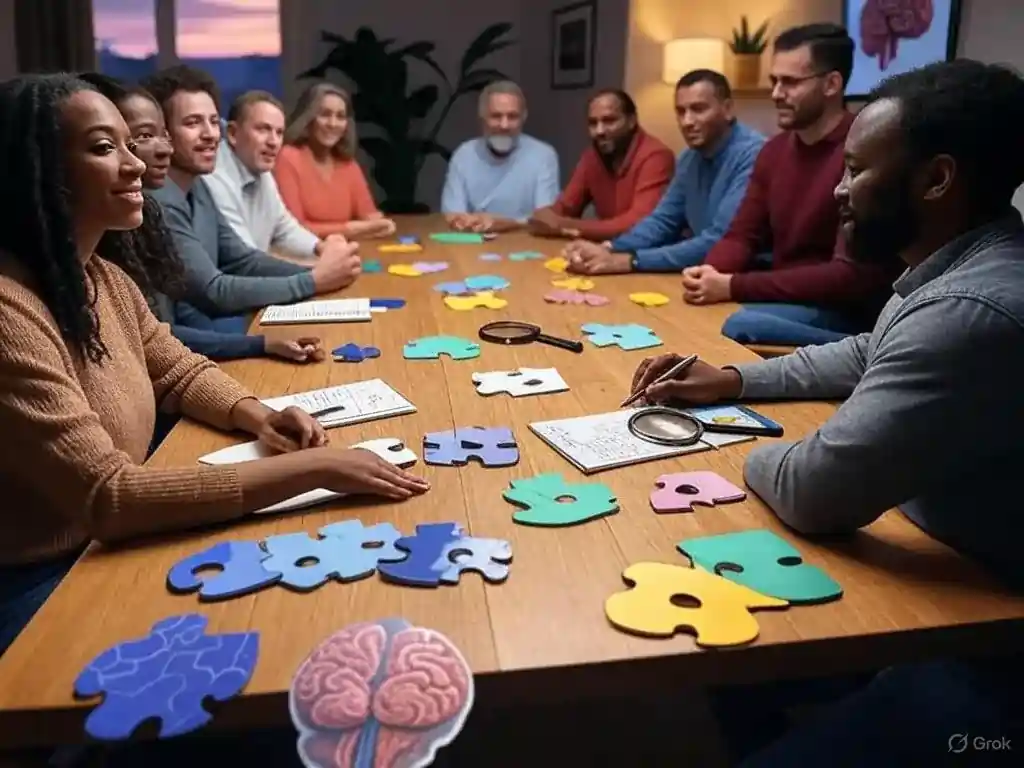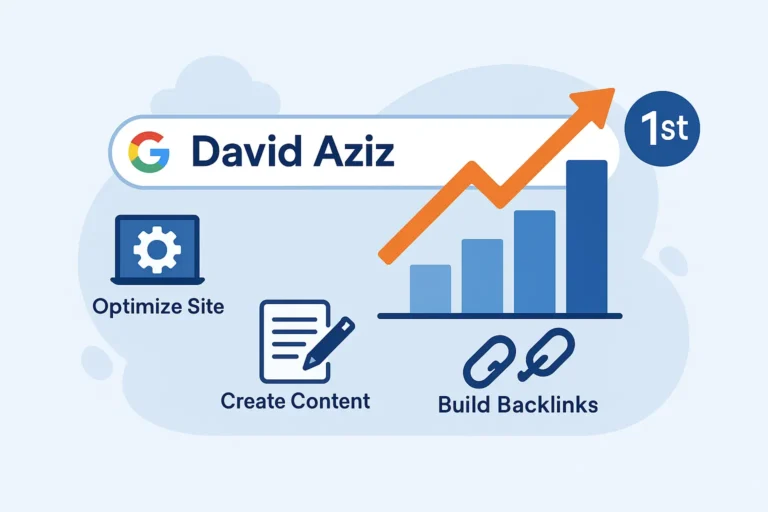Riddles for Adults: Engaging Brain Teasers to Challenge Your Mind

For those seeking a mental workout wrapped in entertainment, riddles for adults offer the perfect blend of challenge and fun. Unlike simple puzzles for kids, these brain teasers demand sharp logic, creative thinking, and sometimes a touch of humor. Whether you’re hosting a game night or sharpening your wits solo, adult riddles can elevate any moment. This guide dives into the world of clever puzzles, exploring their types, benefits, and strategies for solving them. Plus, we’ll share some top examples to test your skills and keep your mind engaged.
Why Riddles Are Perfect for Adult Minds
Riddles aren’t just games—they’re tools for mental growth. They push adults to think critically and approach problems from new angles.
Boosting Cognitive Skills
Solving complex puzzles enhances problem-solving abilities and memory. Research shows that brain teasers stimulate neural connections, potentially delaying cognitive decline. For adults, riddles provide a fun way to keep the mind sharp, whether tackling logic-based challenges or wordplay.
Adding Fun to Social Gatherings
Riddles are ideal for breaking the ice at parties or team-building events. They spark laughter, debate, and collaboration as groups work together to crack them. A well-chosen riddle can turn a quiet evening into a lively discussion, making them a go-to for adult entertainment.
Types of Riddles for Adult Audiences
Not all riddles are created equal. Adult-oriented puzzles come in various forms, each testing different skills.
Logic and Lateral Thinking Riddles
These require you to connect seemingly unrelated clues. For example: “I speak without a mouth and hear without ears. I have no body, but I come alive with the wind. What am I?” (Answer: an echo). Such riddles demand creative leaps and often stump even the sharpest minds.
Wordplay and Double-Meaning Riddles
Wordplay riddles rely on puns or clever phrasing. Consider: “What has keys but can’t open locks?” (Answer: a piano). These are great for adults who enjoy linguistic twists and quick wit, often leading to “aha” moments.
Math and Pattern-Based Riddles
For those who love numbers, math riddles challenge analytical skills. Example: “If two’s company and three’s a crowd, what are four and five?” (Answer: nine, as 4 + 5 = 9). These appeal to adults who thrive on precision and logic.
Top Riddles for Adults to Test Your Skills
Here are some handpicked brain teasers to challenge your thinking. Try solving them before checking the answers.
- Riddle 1: I’m light as a feather, yet the strongest man can’t hold me for long. What am I?
Answer: Breath. This riddle plays on the contrast between weight and endurance, requiring lateral thinking. - Riddle 2: The more you take, the more you leave behind. What am I?
Answer: Footsteps. A clever wordplay riddle that rewards those who think beyond the obvious. - Riddle 3: A man in an interrogation room says, “I’m not guilty.” He’s telling the truth, but the detective knows he’s the culprit. How is this possible?
Answer: The man is guilty of a different crime, not the one being investigated. This logic puzzle tests your ability to question assumptions.
These examples showcase the diversity of adult riddles, from playful to profound, making them perfect for any setting.
Strategies for Solving Complex Riddles
Cracking tough riddles requires more than guesswork. These tips can help you unravel even the trickiest puzzles.
Break Down the Clues
Read the riddle slowly, noting every word. Many riddles hide hints in phrasing or structure. For instance, in “What has a neck but no head?” (Answer: a shirt), the word “neck” suggests clothing, not anatomy. Dissecting clues helps you avoid red herrings.
Think Outside the Box
Adult riddles often rely on unconventional thinking. If a puzzle seems impossible, consider metaphorical or abstract answers. For example, “What gets wetter the more it dries?” (Answer: a towel) flips the meaning of “dries,” rewarding creative interpretation.
Collaborate and Discuss
When stuck, bounce ideas off others. Group discussions can reveal perspectives you hadn’t considered. Even solo, talking through the riddle aloud can clarify your thoughts and lead to breakthroughs.
Benefits of Incorporating Riddles into Your Routine
Beyond entertainment, riddles offer lasting advantages for adults.
Stress Relief and Mental Reset
Focusing on a riddle distracts from daily worries, providing a mental break. Solving one delivers a dopamine hit, boosting mood and confidence. They’re a low-effort way to unwind after a long day.
Enhancing Workplace Skills
Riddles hone skills like critical thinking and communication, which translate to professional settings. Team-solving exercises build collaboration, while individual puzzles improve focus and decision-making.
Where to Find the Best Riddles for Adults
Quality riddles are easy to find if you know where to look.
Online Riddle Communities
Websites like Riddles.com, BrainDen, and Reddit’s r/riddles offer vast collections of puzzles. These platforms often include user-generated content, ensuring fresh challenges. Many also provide hints or discussions to guide you.
Books and Mobile Apps
Books like The Ultimate Riddle Collection or apps like Braindom and Riddles Brain Teasers deliver curated puzzles for adults. These are great for offline access or structured challenges, with varying difficulty levels to suit your skill.
Creating Your Own Riddles
Crafting original riddles is a fun way to flex your creativity. Start with a familiar object or concept, then describe it in a misleading way. Share your creations with friends or online forums to test their difficulty and spark engagement.
Conclusion
Exploring riddles for adults opens a world of intellectual fun and mental growth. These brain teasers, from logic puzzles to witty wordplay, challenge your mind while adding excitement to social or solo moments. By incorporating riddles into your routine, you’ll sharpen your thinking, reduce stress, and maybe even impress friends with your wit. Start with the examples here, apply our solving strategies, and seek out new puzzles to keep the challenge alive. Dive into the joy of riddles today and discover how rewarding a clever solution can be.
Explore More On This Topic: Emotion Wheel for Children: A Guide to Emotional Learning






